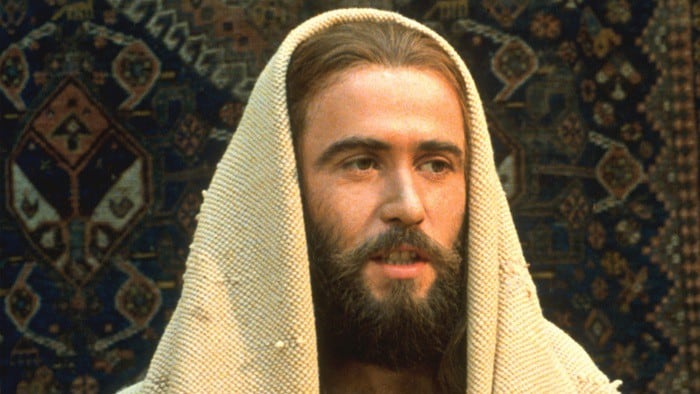From the Bible’s beginning all the way to the end, there’s a clear picture of God’s compassion for the poor. He’s passionate about caring for the needs of the vulnerable, and He promises to champion their cause-even when the rest of the world neglects them.
But what does Jesus say about the poor?
In one Gospel episode, Jesus was dining when a woman started anointing his feet with a very expensive bottle of perfume. Matthew says that the disciples began complaining about the waste of perfume that could have been sold to support the poor (Matthew 26:8-9). But John informs us that it was, in fact, Judas who just wanted to take some of the money (John 12:4-6).
Jesus told the disciples, “The poor you will always have with you, but you will not always have me” (Matthew 26:11). Some have taken Jesus’ words to mean that poverty can never really be remedied, so it’s a waste of time to put too much energy into it.
Thankfully, Jesus spoke about the poor quite often. And it’s clear that He intended His followers to take their needs seriously. Let’s look at some examples.
1. Jesus considered the poor part of His ministry
On one Sabbath morning, Jesus stood in the synagogue and made a public proclamation of His ministry. He took the scroll of Isaiah and read the following words:
“The Spirit of the Sovereign Lord is on me, because he has anointed me to proclaim good news to the poor. He has sent me to bind up the brokenhearted, to proclaim freedom for the captives and release from darkness for the prisoners, to proclaim the year of the Lord’s favor …” (Isaiah 61:1-2).
He then told those present that this Scripture was being fulfilled today (Luke 4:21). It’s interesting that Jesus would choose this passage to inaugurate His ministry. To Him, the coming of the kingdom was exceptional news for people on the outside of acceptable society.
In a world that tended to see poverty and illness as judgments of God, Jesus was telling the poor that they were included. This was good news for them, too.
2. Jesus identified with those in need
One of Jesus’ most powerful parables was concerned with the final judgment of the sheep and the goats. In the parable, Jesus separates the two groups from each other based on how they served others in need. To the sheep, Jesus says:
“… Come, you who are blessed by my Father; take your inheritance, the kingdom prepared for you since the creation of the world. For I was hungry and you gave me something to eat, I was thirsty and you gave me something to drink, I was a stranger and you invited me in, I needed clothes and you clothed me, I was sick and you looked after me, I was in prison and you came to visit me” (Matthew 25:34-36).
The goats, on the other hand, had neglected to do these things. And by not serving those in need, they had neglected to serve Jesus. The whole point of the teaching centered on the fact that Jesus takes it personally when we help or ignore the need we see.
3. Jesus spoke of a great reversal
Jesus often spoke of a day when the last would be first and the first would be last (Matthew 20:16). This meant that those shoved into the margins of society would find their roles reversed with all the people who had everything going for them in this life.
This teaching is clearly communicated in the Parable of Lazarus and the Rich Man. In this parable, a beggar named Lazarus finds himself in paradise after his death while the rich man who ignored the impoverished man ends up in torment. When the rich man begs for comfort, he’s told:
“… Son, remember that in your lifetime you received your good things, while Lazarus received bad things, but now he is comforted here and you are in agony” (Luke 16:25).
If the rich man had paid more attention to Lazarus, things would have been different.
Caring for others’ needs
These are only a few of Jesus’ teachings about the poor. He had a lot to say about the subject. If we’re serious about following Jesus, we’ll be serious about caring for the needs of others. And as Jesus communicated in the Parable of the Sheep and the Goats, by serving others, we’re serving Him.
For related content, check out “5 Times Jesus Showed He Cares for the Poor.”
All Scripture references quote the New International Version unless otherwise noted.
